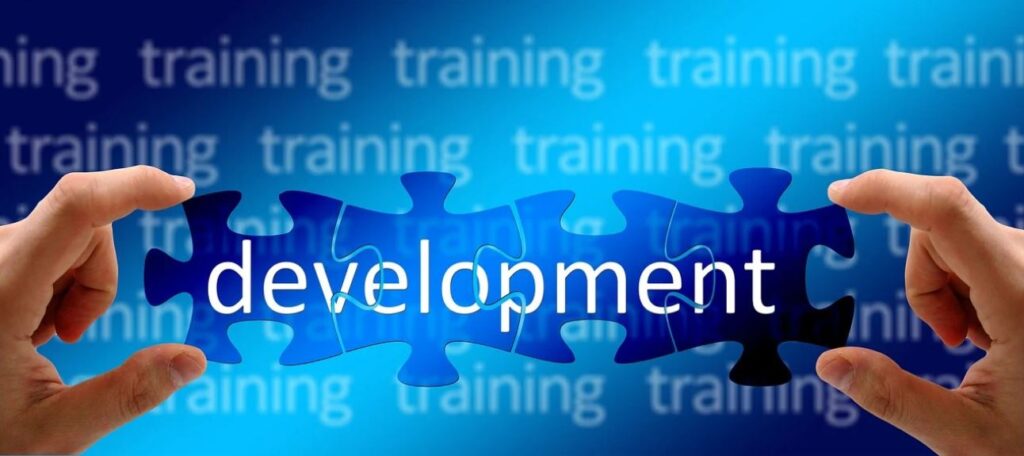
In the ever-evolving field of pest control, staying ahead requires continuous learning and adaptation. As pests become more resilient and regulations become stricter, pest controllers must keep their knowledge and skills up to date. Continuing Professional Development (CPD) is essential for anyone in the pest control industry who wants to maintain a high standard of service and stay competitive.
Why Continuing Professional Development (CPD) is Essential in Pest Control
CPD is a process whereby professionals participate in different learning activities to improve their professional knowledge, skills, and performance.
Advancing Technology and Methods
Pest control methods and technologies are not staying the same and are always being developed. Knowing the new tools and techniques such as new traps and baits, monitoring systems, and environmentally friendly pesticides can greatly enhance efficiency and help you get rid of pests and deep cleaning efficiently.
Regulatory Compliance
Pest control is a highly regulated business. CPD assists professionals in understanding the current legal framework and standards that govern practice and avoid legal consequences.
Safety and Health
Pest control officers may handle dangerous chemicals and be exposed to risky situations. Regular training keeps them up to date on the current safety measures to prevent harm to themselves and their clients.
Customer Trust and Satisfaction
Clients hire pest controllers to address their issues effectively and with minimal risks. Thus, commitment to CPD proves that the pest control company is willing to stay on top of the industry and provide excellent services, which can improve the company’s image and customer satisfaction.
Types of CPD Activities
Formal Education and Training
Applying for and going to courses and workshops is always a good idea to know what the new techniques and products are. Such sessions may involve the actual demonstration and or practicals to train the participants. Getting certifications from accredited organizations can add credibility and show that one is well-qualified in the field.
Online Learning
Most organizations provide webinars that focus on particular areas of interest, making it convenient for pest controllers to gain knowledge from experts without attending a physical meeting. Online courses are convenient as they allow pest controllers to study at their convenience.
Professional Associations and Conferences
Affiliating with bodies like the National Pest Technician’s Association (NPTA) can help in getting information, training, and connections. These are perfect opportunities to gather information about the current tendencies and innovations in the field, as well as to meet like-minded people.
Reading and Research
Reading trade publications such as PEST magazine is also useful in keeping up with new research, new products, and new methods in pest control. Further analysis of the available academic and industrial works will help in the comprehension of pest behaviour and management.
Practical Experience and Peer Learning
It is a great way to learn through practical experience and on-the-job training from other colleagues who have more experience in the field. By being in forums and discussion groups one can get new ideas and solutions to some of the challenges they face.
Advantages of CPD to the Pest Controllers
Engaging in CPD offers numerous benefits for pest controllers
Enhanced Expertise
Continuing the learning process makes it possible for one to be in a position of having the most up-to-date knowledge in the market. This knowledge can help you to solve complicated pest issues more efficiently.
Improved Safety
Being aware of new safety guidelines and measures helps to reduce the occurrence of mishaps and illnesses, thus safeguarding both the pest control personnel and the consumers.
Career Advancement
CPD can help one to get new jobs that they may not have been able to do before, for instance, specialized positions as well as management positions. It also shows your willingness to continue learning, which is always a desirable quality to employers.
Customer Satisfaction
Pest controllers who are knowledgeable and experienced are likely to offer quality services which will consequently result in improved customer satisfaction and business continuity. It is always reassuring for clients to be sure that the professionals they hire are well-informed and updated.
Compliance and Professionalism
Staying up to date with the set industry regulations and standards is crucial in maintaining professionalism and compliance. This minimizes the chances of being taken to court and improves the image of your business in the market.
Embracing Technology in CPD
Technology has become an essential part of current CPD as it provides new methods of learning and communication. The use of virtual reality training can replicate actual pest control situations in the field and offer a more engaging and realistic environment. The modules can be sent to learners through the mobile application, and the learners’ progress can be monitored in addition to providing quick access to materials and information.
Online platforms and social media also provide a way of creating and sharing information on pest control among pest controllers across the globe. That is why communication with people in the forums and other communities can be helpful and productive.
Conclusion
Continuing Professional Development is essential for pest controllers who want to stay ahead in their field. By engaging in a variety of CPD activities, pest controllers can enhance their expertise, improve safety, and provide better service to their clients. Developing a structured CPD plan ensures ongoing growth and professional development, keeping pest controllers at the forefront of their industry. Embracing technology and staying informed about the latest trends and innovations will not only benefit individual pest controllers but also contribute to the overall advancement and professionalism of the pest control industry in Ireland.


